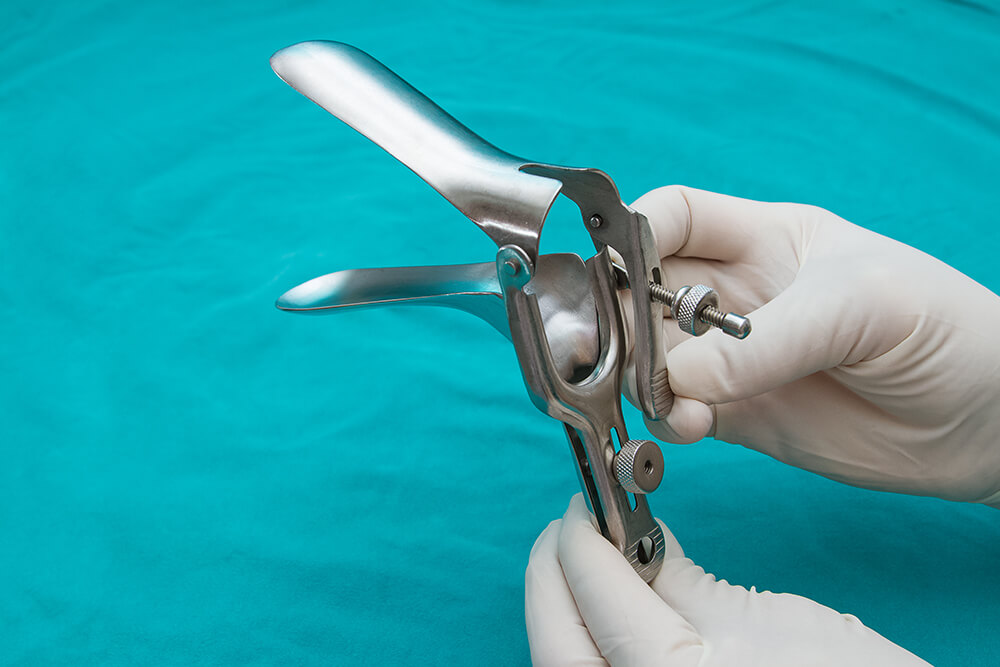
By now, most women know the significance of a regular pap smear. Unpleasant but necessary, this vaginal swab collects cells from the cervix that doctors later examine under a microscope for atypical growths. What you might not know, however, are the current recommendations about scheduling. Once a year, once every five years, only during a blood moon? Here, we break down new guidelines and explain the rationale.
Pap Test – What It is and Why Physicians Do It
Cervical cancer is more manageable when caught early, and this easy test lets docs screen for it. During a pap test, your doctor will insert a speculum (small device that helps the doctor see the cervix) into your vagina and use a soft utensil to gently collect cells from the area. The cells will get sent to a laboratory for testing and you should receive the results in one to two weeks.
Generally done in conjunction with a pelvic exam, it can also include a test for the human papillomavirus (HPV), a widespread sexually transmitted infection that can also lead to cervical cancer. While you and your doctor should determine the best time to begin testing, most experts recommend having it done by age 21.
Pap Test – Once Every 3 Years for Women Aged 21 to 65
Most women should schedule a pap smear at least once every three years. Although annual pap smears were once the norm, doctors determined testing too frequently could lead to unnecessary treatment of normal cell changes. Depending on your lifestyle and certain risk factors, your doctor might advise more frequent testing. Such factors include:
- A weakened immune system caused by chemotherapy, organ transplant, or chronic corticosteroid use
- A cervical cancer diagnosis or history of abnormal pap smears
- HIV infection
- Cigarette use
- Exposure to diethylstilbestrol (DES) in utero
Note: In some cases, doctors might recommend a pap smear every 5 years instead of every 3.
HPV Test – Once Every 3 to 5 Years for Women Over 30
This test checks for HPV DNA in your cervix. Most doctors will perform the HPV test in tandem with a pap test (this is known as co-testing) and the procedures look identical (a speculum and cervical swab). Since HPV is common in younger women, doctors recommend waiting for regular testing until age 30. Like the pap test, your doctor will discuss your lifestyle and risk factors before deciding to administer the test every 3 or 5 years.
Eagle’s Landing OB/GYN in Stockbridge, GA wants you and your family to thrive. For any questions or concerns regarding pregnancy, parenting or related issues, don’t hesitate to give us a call at 770-474-1919.
